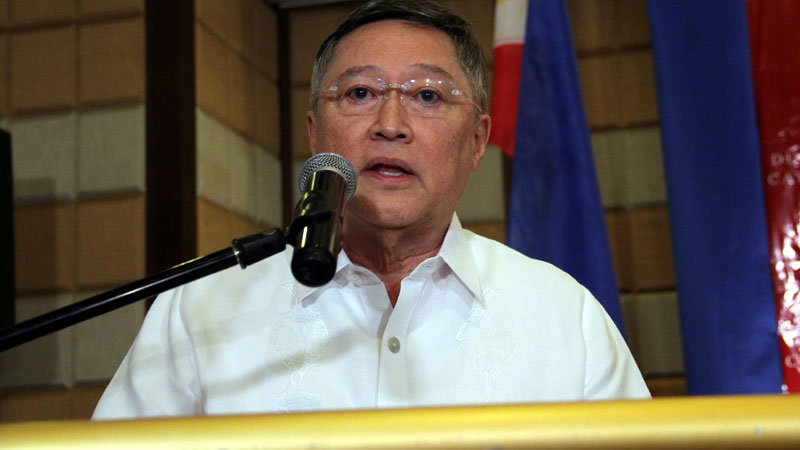DAVAO CITY—Expect the Duterte administration to further open up the education, media and retail sectors in the next few years as it aims to attract more foreign capital, economic managers told representatives of bilateral and multilateral development partners Tuesday.
Finance Secretary Carlos G. Dominguez III, who chairs the two-day Philippine Development Forum, told delegates that the government wanted to invest more in infrastructure and human capital to, in turn, attract more businesses that would generate more jobs in line with President Duterte’s 10-point socioeconomic agenda, which is aimed at slashing the poverty incidence to 13-15 percent by 2022 from 21.6 percent in 2015.
One way to lure more foreign investors was by easing the restrictions in certain sectors, Dominguez told the forum.
For one, Duterte’s economic managers plan to administratively remove a number of sectors in the foreign investment negative list, which will be up for review next year.
“What we can do administratively, we will do,” the finance chief said.
However, for those covered by existing laws requiring legislative action or changes in the Constitution, the Executive would pitch legislation and try to convince Congress to give its approval, Dominguez said.
An example was an old law that barred foreign entities from dealing in corn and rice trade that could only be amended through legislation, hence the executive would propose an amendment to Congress by January, according to Dominguez.
Socioeconomic Planning Secretary Ernesto M. Pernia said that among the sector they would liberalize in the next six years included education, media and retail, which are all currently in the negative list of sectors where foreigners cannot do business.
Pernia, who is also the director general of state planning agency National Economic and Development Authority, said they would likely allow up to 70-percent foreign ownership in these three sectors.
“Each year, we aspire to liberate 1.5 million Filipinos from misery. The reduction of poverty will be made possible by maintaining an annual gross domestic product growth rate of at least 7 percent. The high growth rate will not be enough if it is not inclusive. We have seen in the past few years that our economy, while posting healthy growth, made the rich richer and the poor poorer,” Dominguez said in a speech.
“I cannot emphasize enough the urgency of undertaking poverty alleviation at the dramatic pace we envision. If we fail to undertake the economic reforms that will raise investments and bring down unemployment, we will not meet our poverty reduction in the medium term. We will, consequently, miss the goal of achieving high middle-income status by 2040,” the finance chief explained.
